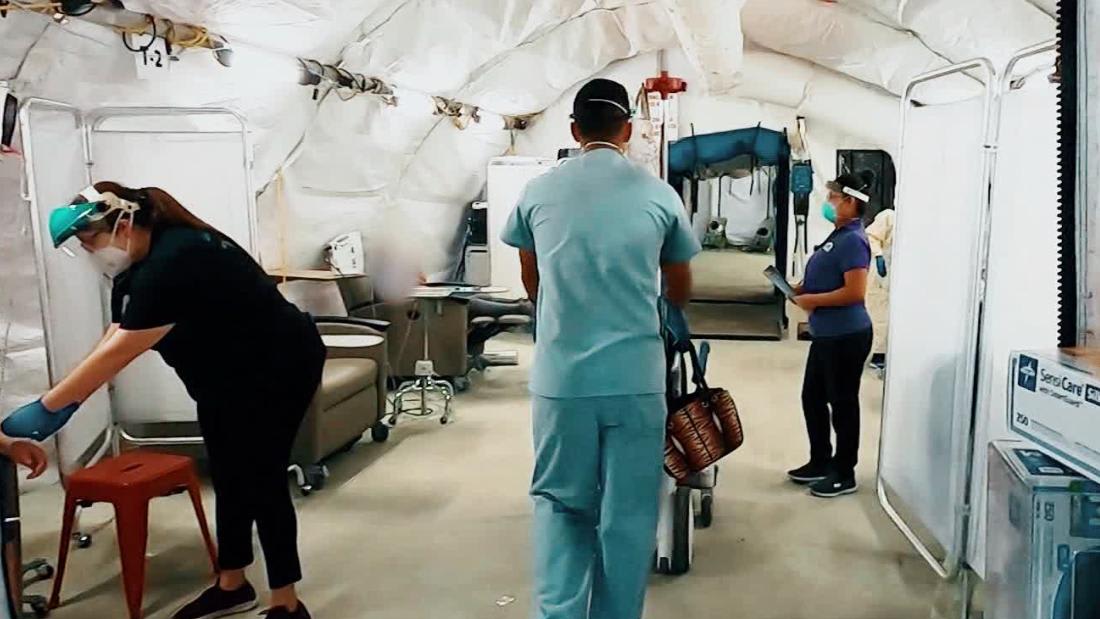WHO chief blasts "lack of leadership" and calls for global unity
From CNN's Rob Picheta
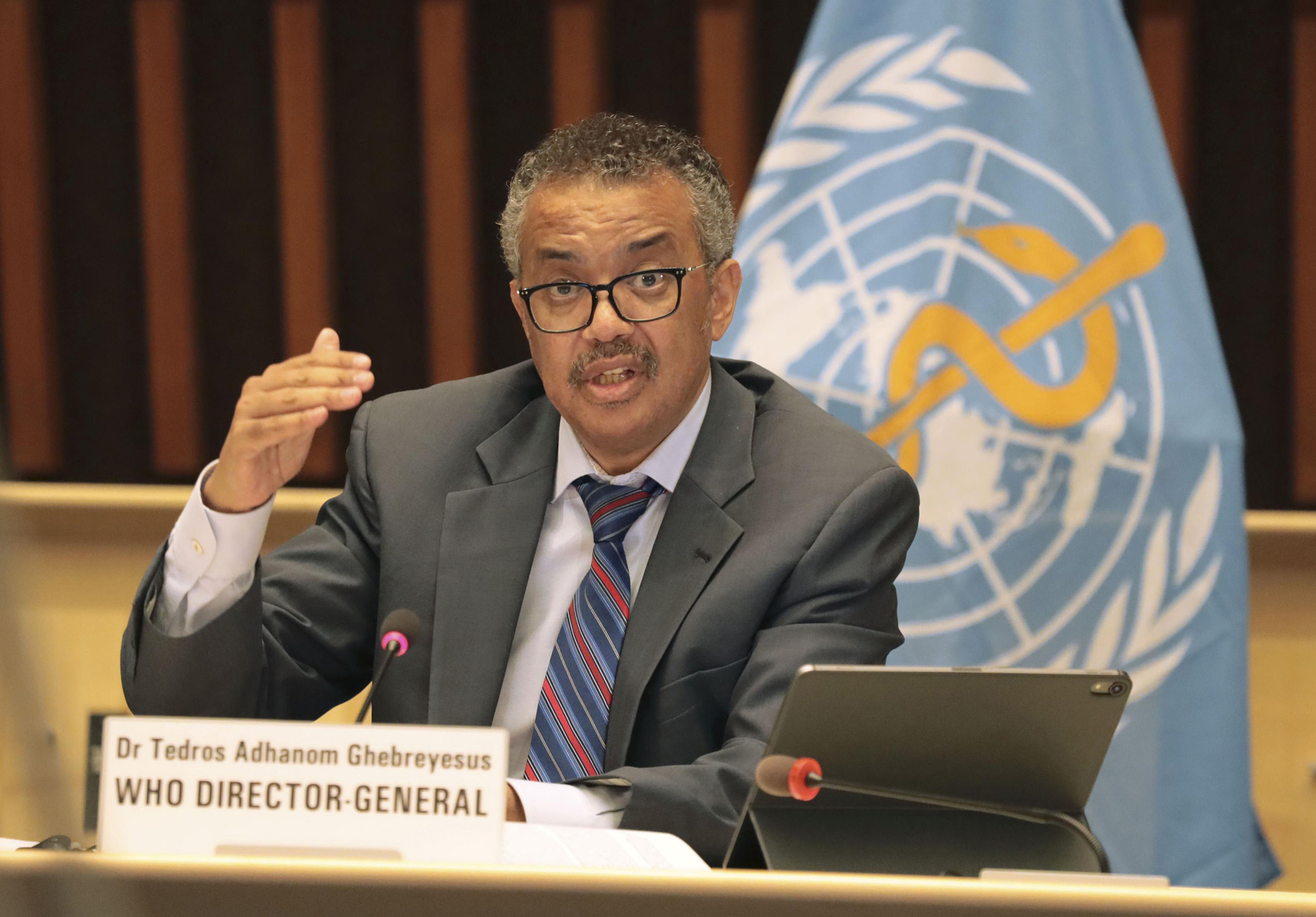 World Health Organization Director General Tedros Adhanom Ghebreyesus speaks at a press conference at its head office in Geneva on July 3. Kyodo News/Getty Images
World Health Organization Director General Tedros Adhanom Ghebreyesus speaks at a press conference at its head office in Geneva on July 3. Kyodo News/Getty ImagesThe director-general of the World Health Organization has condemned a "lack of leadership" in fighting the coronavirus pandemic and made an emotional plea for global unity, as cases soar in multiple countries and the world struggles to contain the devastating virus more than six months after it was first identified.
His intervention will be seen as a thinly veiled swipe at leaders including US President Donald Trump, who has waged a public battle against the WHO while failing to suppress the world's worst Covid-19 outbreak in his own country.
Read the full story:
Costa Rica to establish "epidemiological fence" around the capital to slow coronavirus spread
From CNN's Marlon Sorto and Taylor Barnes
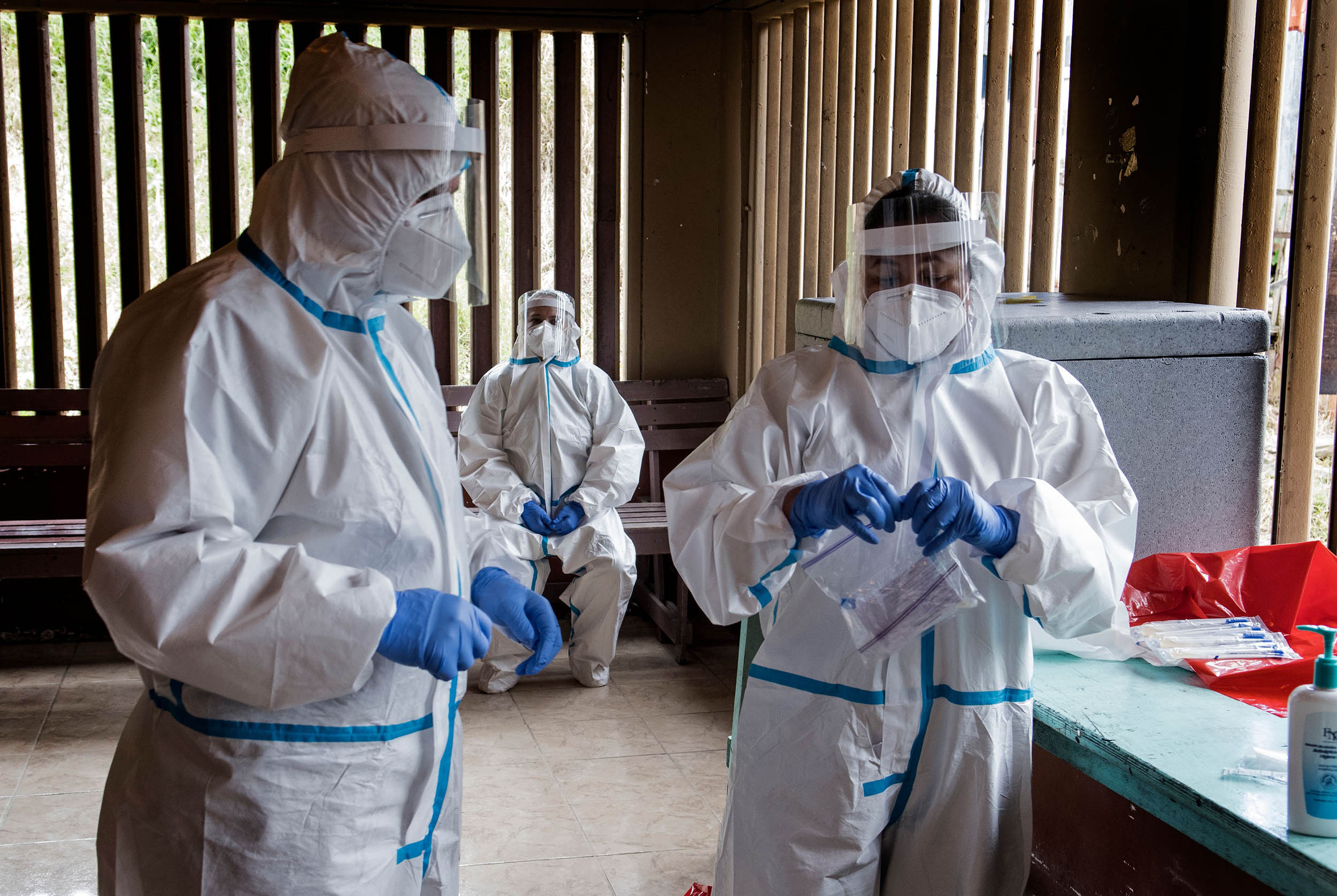 Medical workers secure a Covid-19 test sample in San Jose, Costa Rica, on July 10. Ezequiel Becerra/AFP/Getty Images
Medical workers secure a Covid-19 test sample in San Jose, Costa Rica, on July 10. Ezequiel Becerra/AFP/Getty ImagesCosta Rica announced Friday that an “epidemiological fence” will be put in place around the metropolitan region of its capital San José in a bid to slow the spread of the coronavirus.
Vehicle traffic will be severely restricted in the "orange alert" area around and including the capital. Cars will be restricted by license plate numbers to only two specific days a week. Only essential businesses, such as ones involved in food provision and funeral services, are allowed to function.
"At this point in the pandemic, the time to use the hammer has come," President Carlos Alvarado Quesada said. "Why do we have to do this? We have to do so because health is the priority. We are prioritizing the lives of people in Costa Rica."
The country has reported a total of 6,845 Covid-19 cases so far.
Mexico to repatriate ashes of more than 200 Covid-19 victims in US
From CNN’s Taylor Barnes
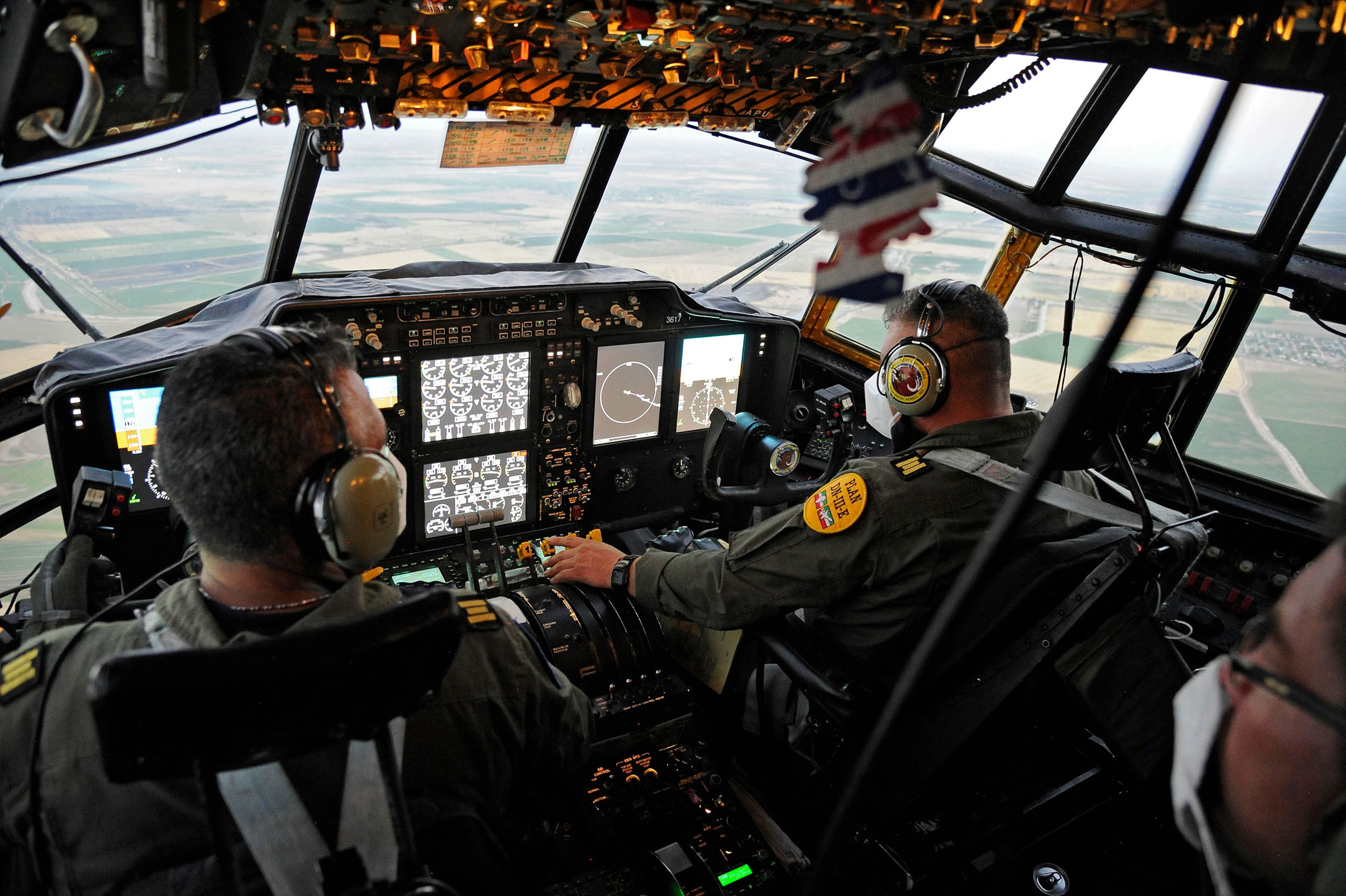 Mexican Air Force pilots fly a C-130 airplane to transport medical supplies to Hermosillo, Mexico on July 3. Claudio Cruz/AFP/Getty Images
Mexican Air Force pilots fly a C-130 airplane to transport medical supplies to Hermosillo, Mexico on July 3. Claudio Cruz/AFP/Getty ImagesA Mexican Air Force plane will fly the ashes of more than 200 Mexican citizens who died of Covid-19 in the US from New York City to Mexico City on Saturday, according to a statement from the Mexican foreign ministry.
From Mexico City, the remains will be transported to locations across the country.
The ministry wrote in a statement that it will “continue providing consular services to the families of Mexican persons who have passed away due to the virus.”
Brazil surpasses 1.8 million coronavirus cases
From CNN's Rodrigo Pedroso in Sao Paulo
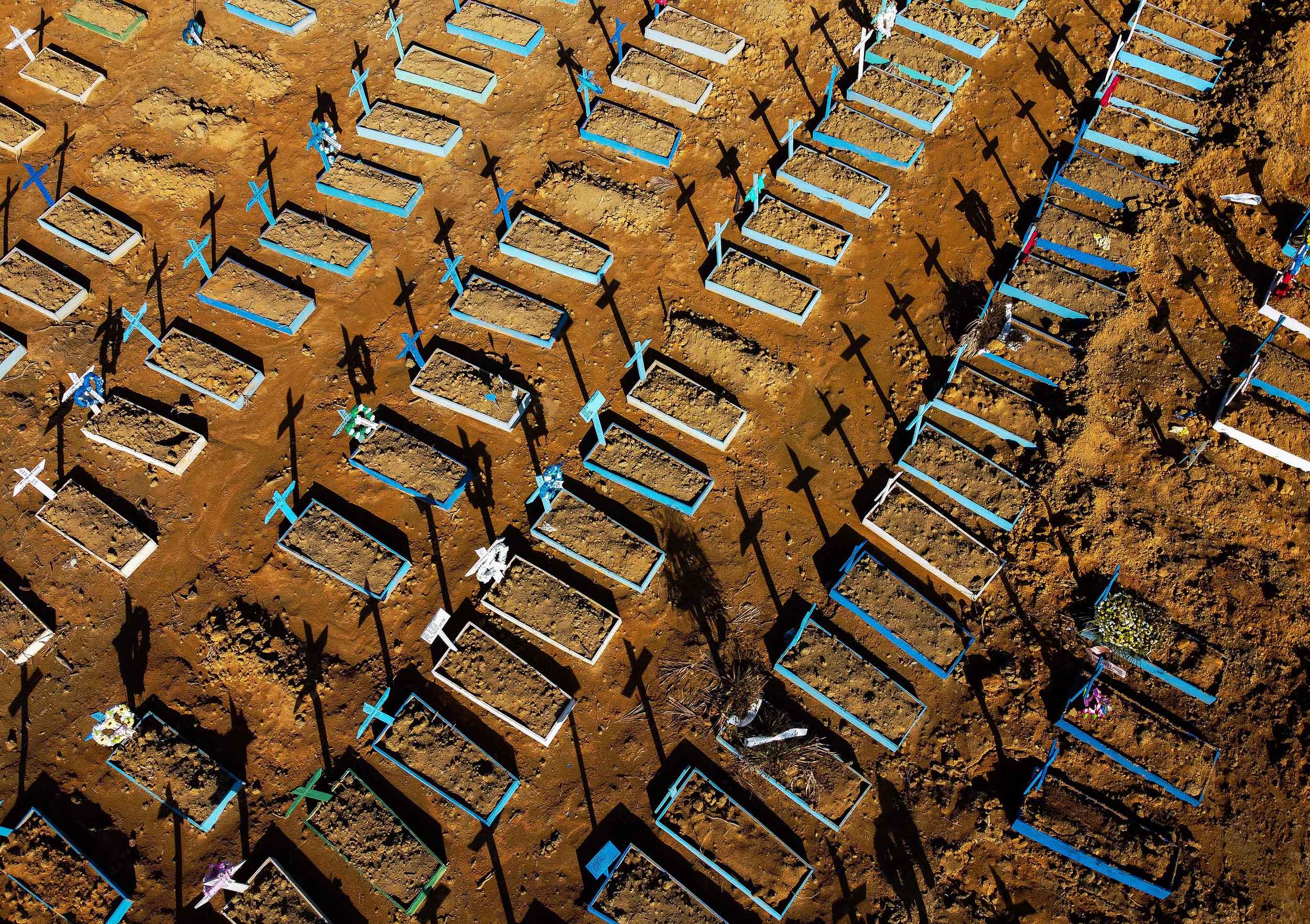 Graves in the Nossa Senhora Aparecida cemetery in Manaus, Brazil, on June 21. Michael Dantas/AFP/Getty Images
Graves in the Nossa Senhora Aparecida cemetery in Manaus, Brazil, on June 21. Michael Dantas/AFP/Getty ImagesBrazil surpassed 1.8 million confirmed cases of novel coronavirus Friday, according to the country's health ministry.
The ministry recorded 45,048 new cases in the previous 24 hours — bringing the country's total to 1,800,827.
Brazil also reached 70,000 Covid-19 deaths after another 1,214 related fatalities Friday. The nationwide toll now stands at 70,398.
President Jair Bolsonaro — in semi-isolation after testing positive for the virus this week — said he hoped the country's governors and mayors would reopen "as soon as possible" and “in a responsible way."
How coronavirus affects the entire body
From CNN's Maggie Fox
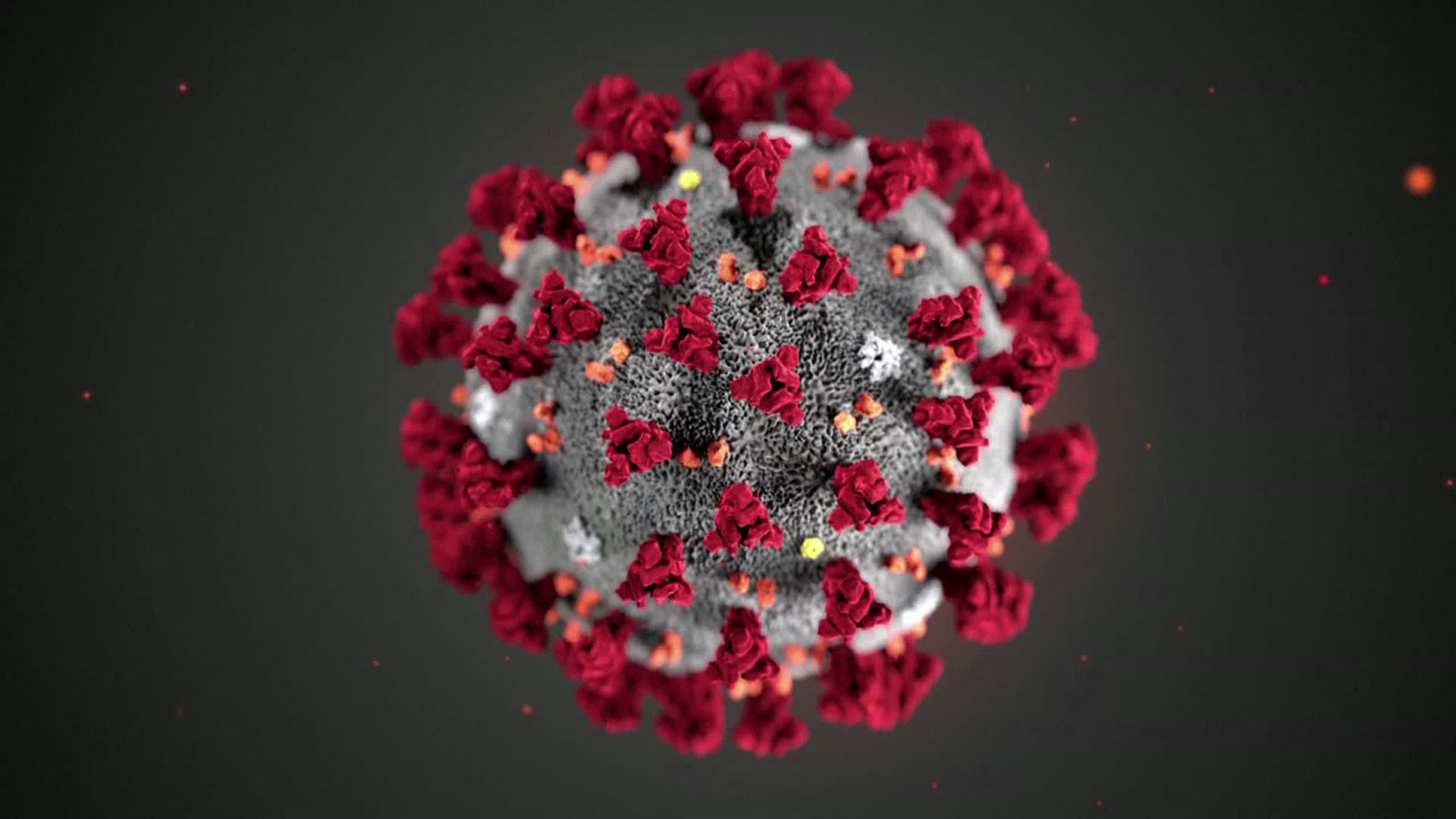 This illustration, created at the Centers for Disease Control and Prevention, reveals ultrastructural morphology exhibited by coronaviruses. Centers for Disease Control and Prevention (CDC)
This illustration, created at the Centers for Disease Control and Prevention, reveals ultrastructural morphology exhibited by coronaviruses. Centers for Disease Control and Prevention (CDC)Coronavirus damages not only the lungs, but also the kidneys, liver, heart, brain and nervous system, skin and gastrointestinal tract, doctors noted Friday in a review of reports about patients.
The team at the Columbia University Irving Medical Center in New York City — one of the hospitals flooded with patients in the spring – went through their own experiences and collected reports from other medical teams around the world.
Their comprehensive picture shows coronavirus attacks virtually every major system in the human body, directly damaging organs and causing the blood to clot, the heart to lose its healthy rhythm, the kidneys to shed blood and protein, and the skin to erupt in rashes. It causes headaches, dizziness, muscle aches, stomach pain and other symptoms, along with classic respiratory symptoms such as coughing and fever.
More details: Much of the damage wrought by the virus appears to come because of its affinity for a receptor — a kind of molecular doorway into cells – called ACE2. Cells lining the blood vessels, in the kidneys, the liver ducts, the pancreas, in the intestinal tract and lining the respiratory tract are all covered with ACE2 receptors, which the virus can use to grapple and infect cells, the Columbia team wrote in the review, published in the journal Nature Medicine.
“These findings suggest that multiple-organ injury may occur at least in part due to direct viral tissue damage,” the team wrote.
Covid-19 antibody therapy could be available this year, biotech CEO says
From CNN’s Elizabeth Cohen
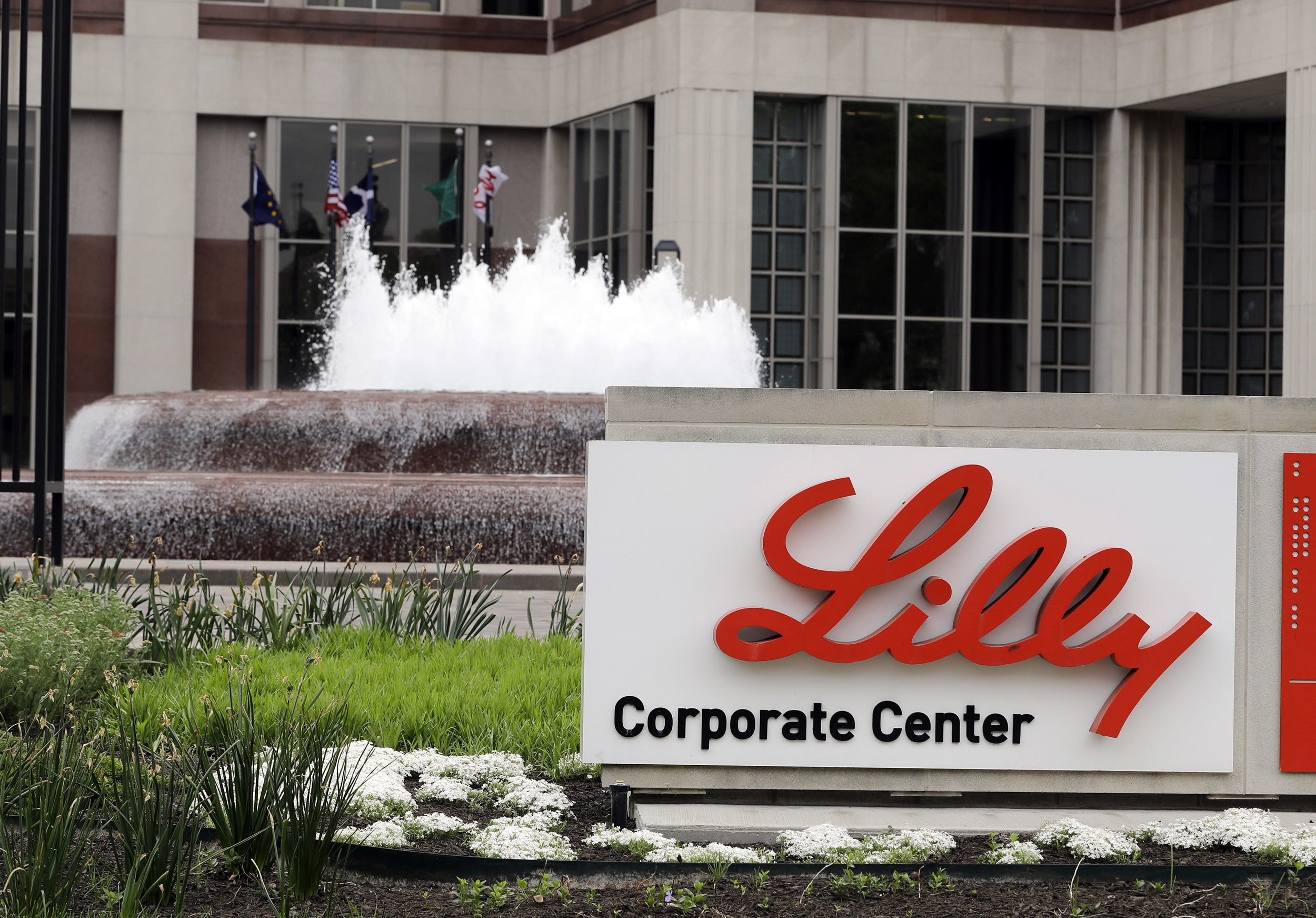 The Eli Lilly and Co corporate headquarters in Indianapolis, Indiana, on April 26, 2017. Darron Cummings/AP
The Eli Lilly and Co corporate headquarters in Indianapolis, Indiana, on April 26, 2017. Darron Cummings/APAn antibody therapy from Eli Lilly could be on the market by the end of the year, according to the CEO of a biotech firm working with the pharmaceutical giant.
The company is two weeks into Phase 2 trials, which will involve hundreds of Covid-19 patients. Some of them will get the antibody drug at varying doses and others will receive a placebo — a pill that does nothing — and then doctors will compare how each group fares.
Hansen said the Phase 1 trial of a few dozen patients showed the drug was safe.
To make the drug, AbCellera picked “an absolute elite superstar antibody” from someone who had recovered from Covid-19, he added.
The scientists had plenty of antibodies to choose from. In just 10 milliliters of blood, the patient had more than 500 antibodies. The scientists chose the one that was the most potent in fighting off coronavirus and was also easy to develop, clone and manufacture.
That drug was tested in Phase 1 with hospitalized patients and is being tested in Phase 2 in patients who are at home.
Hansen said the drug could help another two groups — those who have been exposed to Covid-19 but have not developed symptoms, and those at high risk of being exposed, such as health care workers.

 5 years ago
590
5 years ago
590 